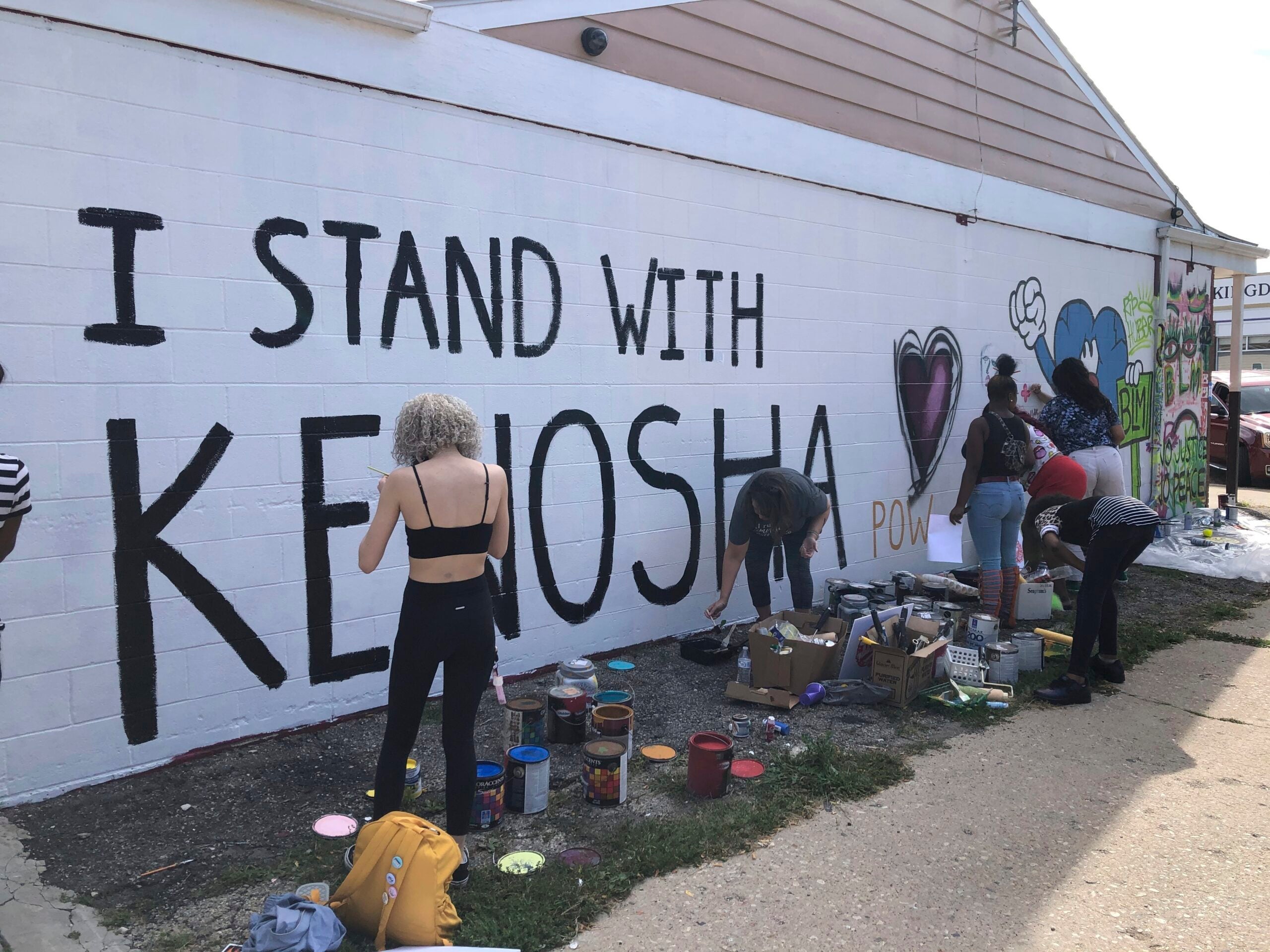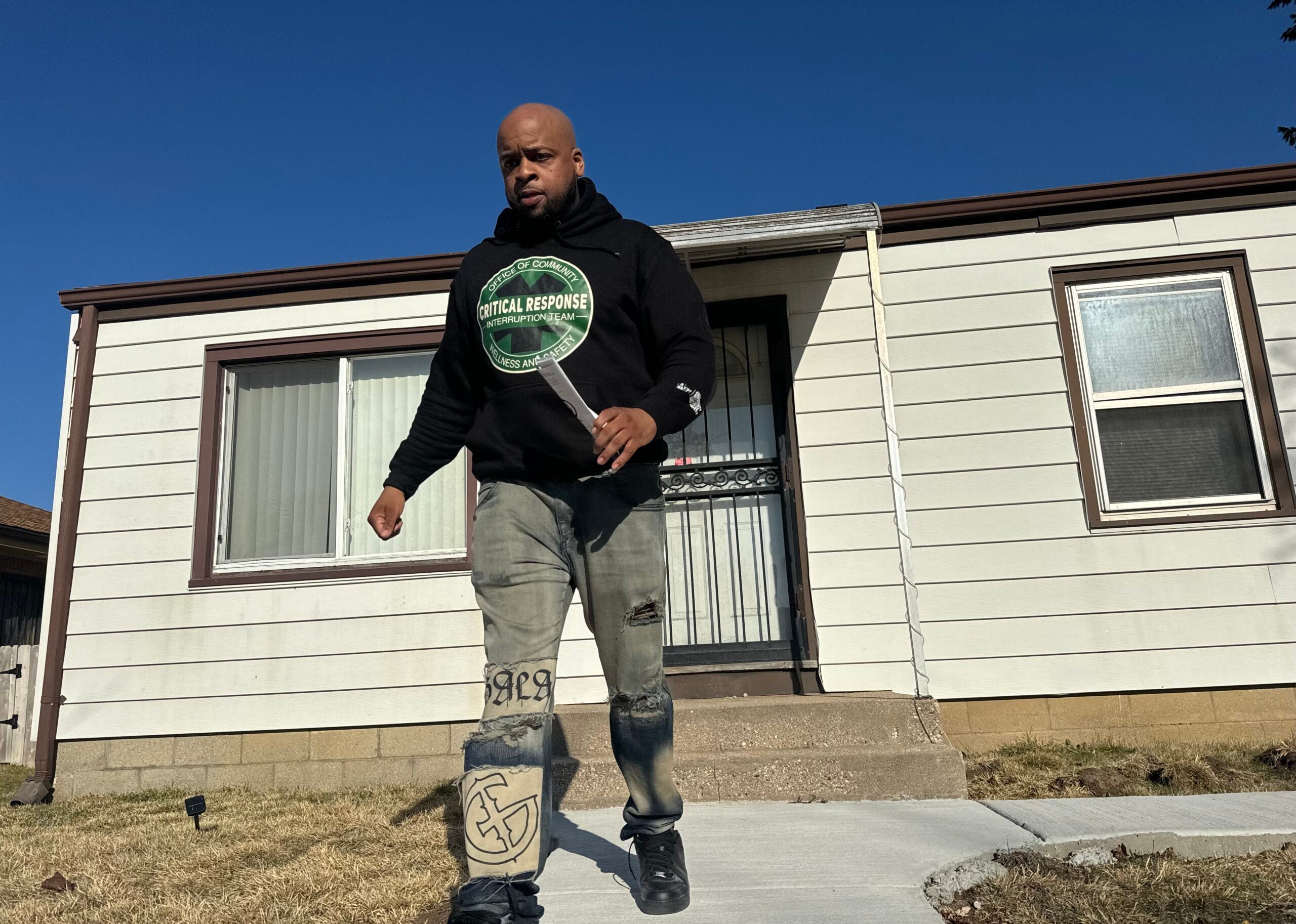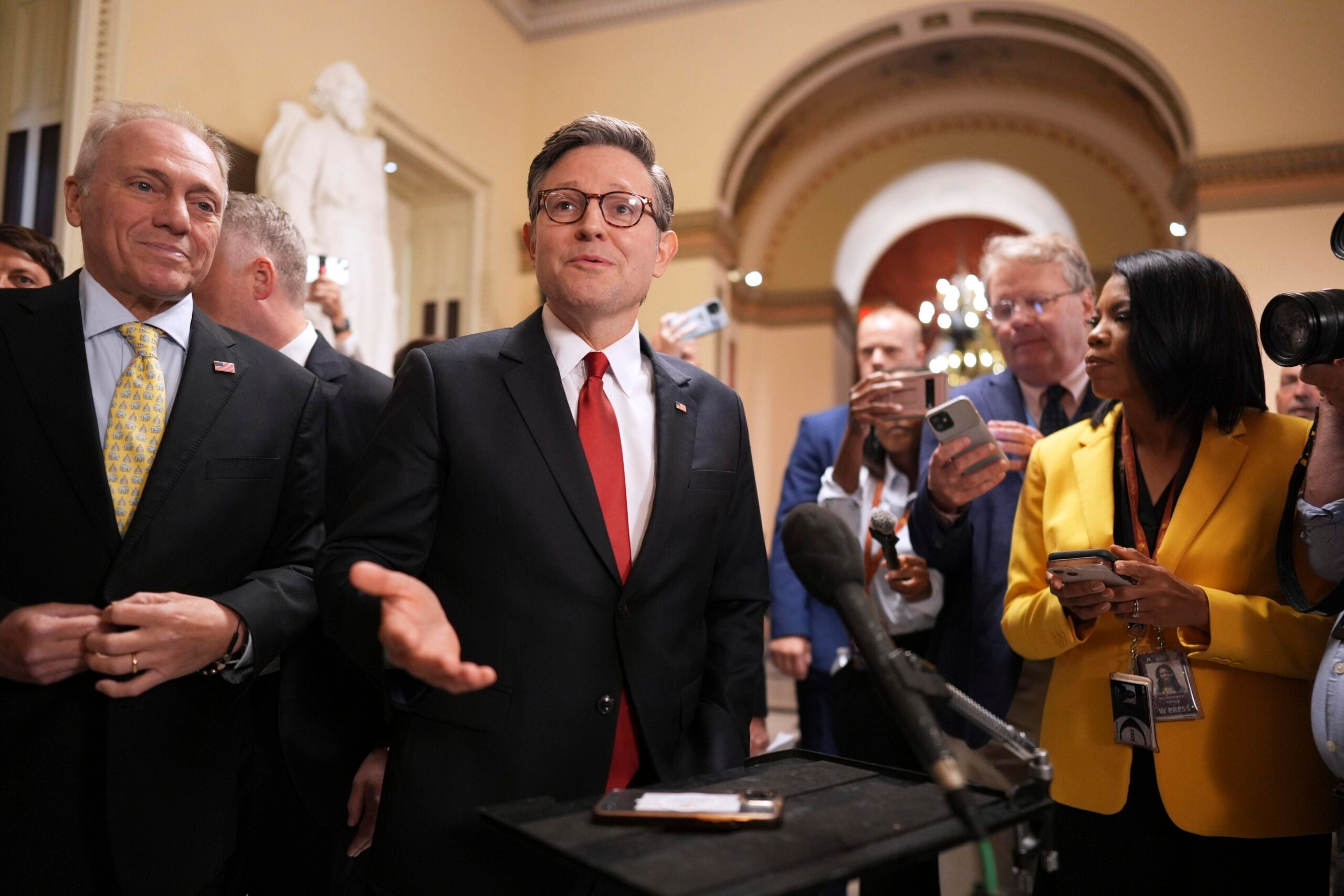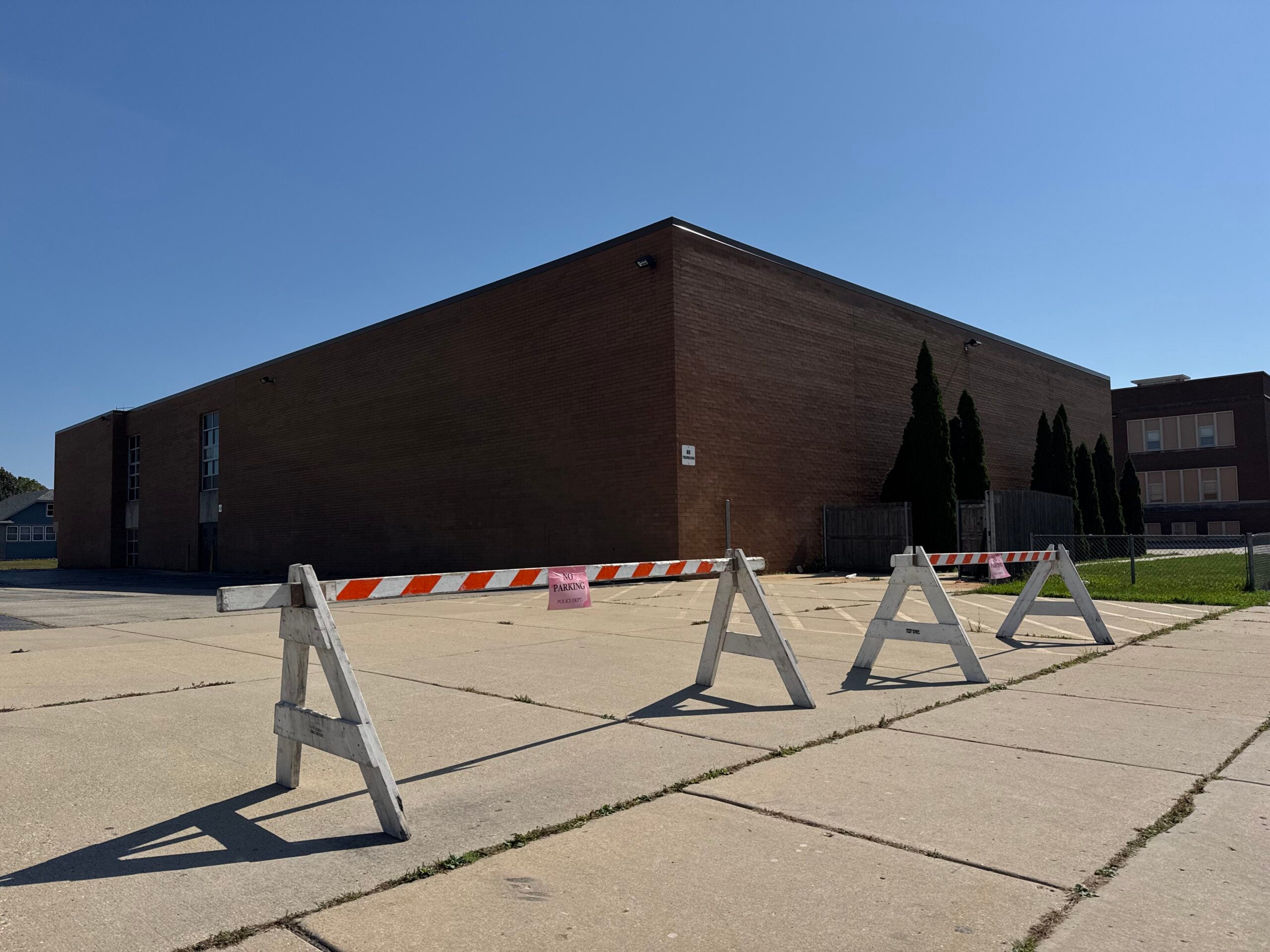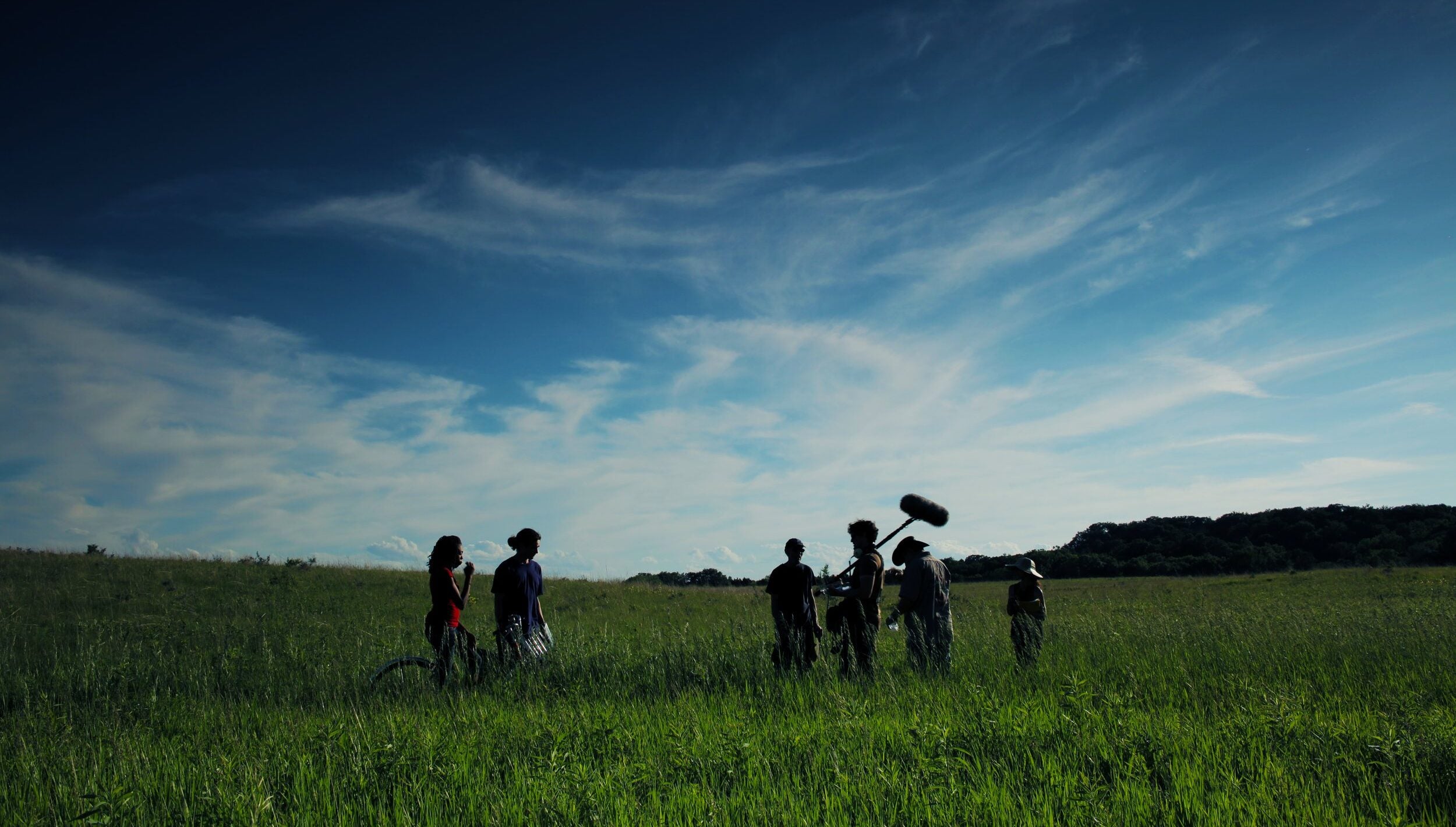For only the third time in over 30 years, Kenosha has a new mayor.
Mayor David Bogdala, a former city alder, took over as the city’s chief executive last month. He succeeded former mayor John Antaramian, who held the position for 24 years.
During a recent interview with WPR’s “Wisconsin Today,” Bogdala said that longevity is evidence that city government is doing its job.
News with a little more humanity
WPR’s “Wisconsin Today” newsletter keeps you connected to the state you love without feeling overwhelmed. No paywall. No agenda. No corporate filter.
“I tend to think that Kenosha likes mayors that work hard, roll up their sleeves and get the job done,” he said. “That’s what we’ve been doing for the past month and that’s what we’re looking forward to over the next four years.”
Bogdala talked with “Wisconsin Today” host Rob Ferrett about being a nonpartisan official, budget priorities and the city’s economic outlook.
The following was edited for brevity and clarity.
Rob Ferrett: Politics — no secret these days — is pretty polarized. Do you feel you’re more insulated from that, given the nature of the job as mayor?
David Bogdala: I think now that once you’re in, yes. I know that in our race, they really tried to make it partisan. And I think part of the reason we were successful last month was because we stayed out of it.
It’s a nonpartisan seat. We did not accept any help from either party, although we met with folks on all sides — Republicans, Democrats and independents.
People are hungry for that. I think they’re tired of the partisan politics on all levels of government. And I think we really struck a chord with that and said, look, at the end of the day, you don’t ask the garbage man when he comes and picks up, “By the way, before you grab that, are you Republican or Democrat?” They just want to make sure that it’s picked up on the day it’s supposed to.
RF: One of your main policy priorities in the election was public safety. What were some of your public safety priorities in the campaign and now, your first month in office?
DB: I can tell you it is definitely the foremost of folks’ minds. We’ve got a lot of big projects and things that I’m sure we’ll get into later on, and those are important. But if public safety is not at the forefront of what you do every day —when you wake up and make sure that the men and women of the fire department and police department have the tools and resources they need — then we’re not doing our jobs.
RF: This is the first mayoral election since the shooting of Jacob Blake and the subsequent unrest in Kenosha. How do you see building those bonds, and rebuilding the community?
DB: One of the hallmarks that we said during the campaign and we’ve already started doing is looking at our boards and commissions and things where we have a lot of citizen involvement, and really trying to turn those over and get more young people involved.
I say young people — I put myself in that category. I’m 59 years old and I think there are a lot of folks in my generation, Generation X, who are saying, “You know what? We’re ready. It’s our opportunity to help those much younger people and to make sure they have what they need.” And that’s how you build that trust, you have relationships with the folks who are out there.
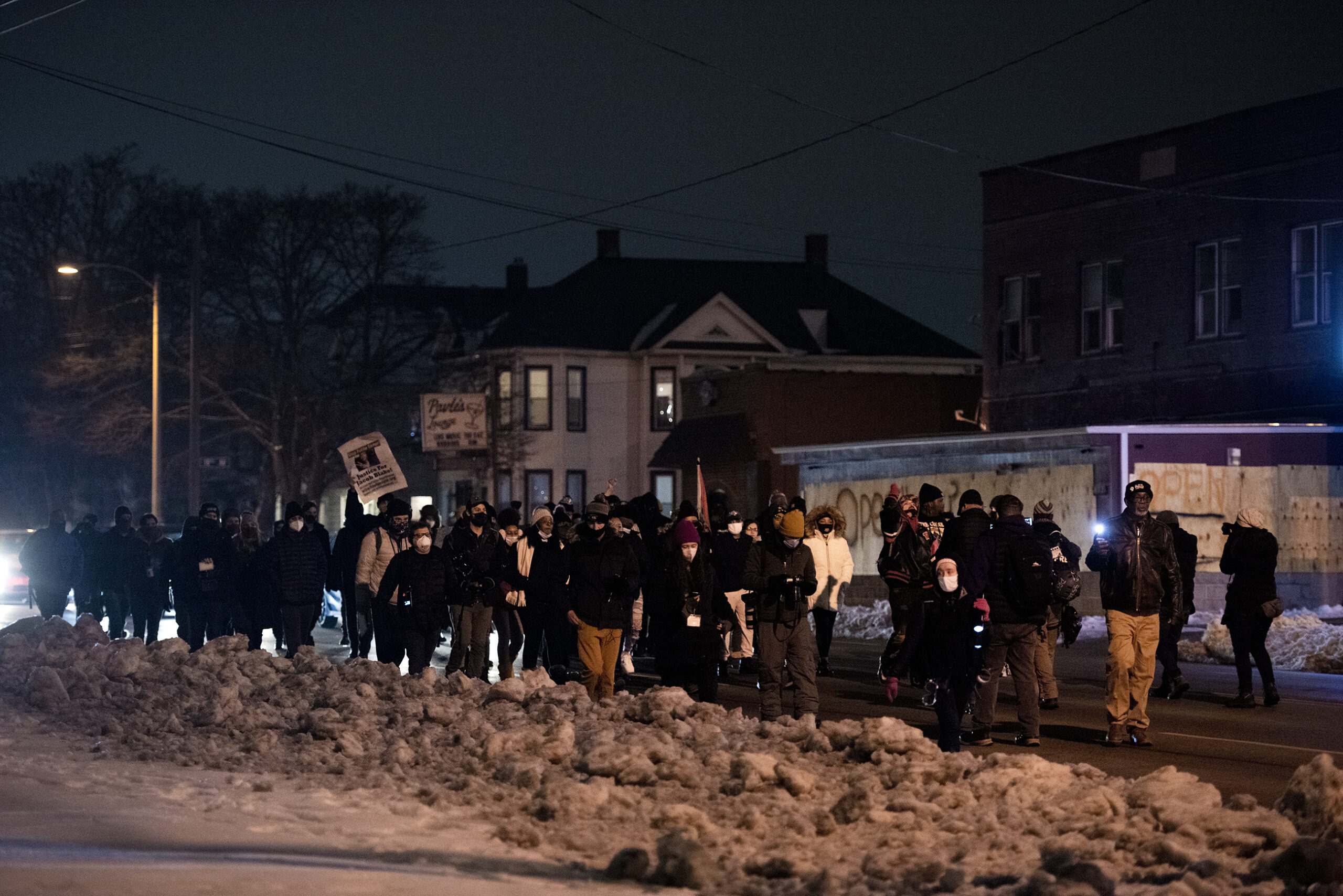
RF: With economic news, we’ve got that center in Pleasant Prairie where Foxconn was going to be and now Microsoft says it’s building a multi-billion dollar artificial intelligence center. You are the closest major city to this site. Can you take advantage of that proximity?
DB: There’s no doubt we will. You can’t have something that big and not have there be some kind of spillover and ancillary projects and development. One of the reasons why you’ve got so much development occurring in the city right now is because we’re positioning ourselves as a welcoming environment for new businesses or expanding businesses.
But also it’s our access to Lake Michigan, the access to colleges and universities that we have here, the job training and many things we’re doing in other areas. I just think people are saying, “You know, there are a lot of struggles across the country. Kenosha seems to be weathering those storms very well. And that’s where I want to relocate my business.”
RF: Another issue you focused on in your campaign was preserving democracy, focusing on ballot access in particular. What are you looking for when it comes to having accessible ballots in Kenosha?
DB: If you don’t get to cast your ballot, you must have been under a rock because it’s very easy to register, it’s very easy to vote. We’ve expanded our early voting hours to two weeks prior. We’ve had some nights where voting went until 7:00 p.m. We want to give everybody the opportunity to cast their ballot.
I’m not picking a side either way, but I think it’s important for folks to make their voice heard, and you make your voice heard through the ballot. And we have to make sure that that’s easy and accessible.
Wisconsin Public Radio, © Copyright 2025, Board of Regents of the University of Wisconsin System and Wisconsin Educational Communications Board.

